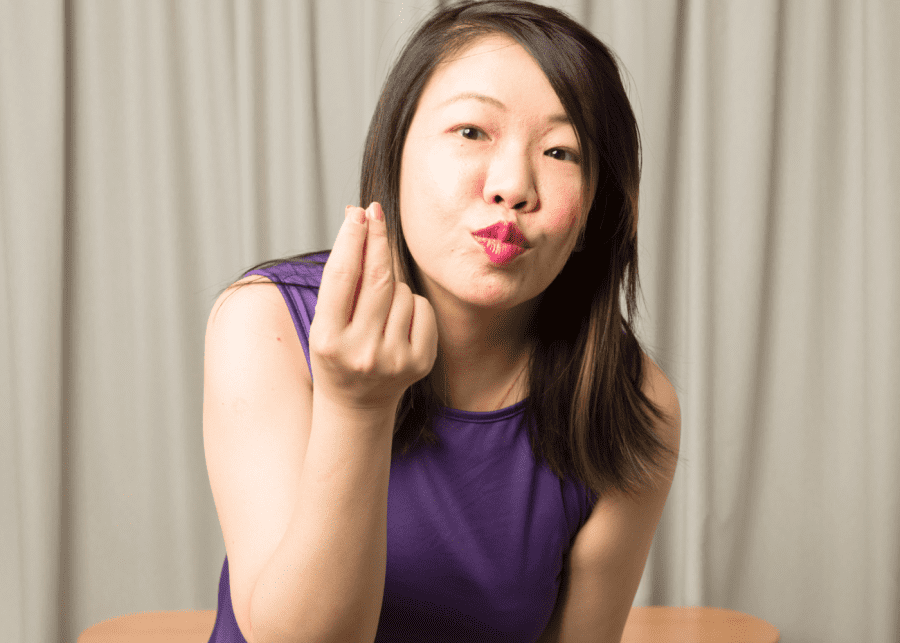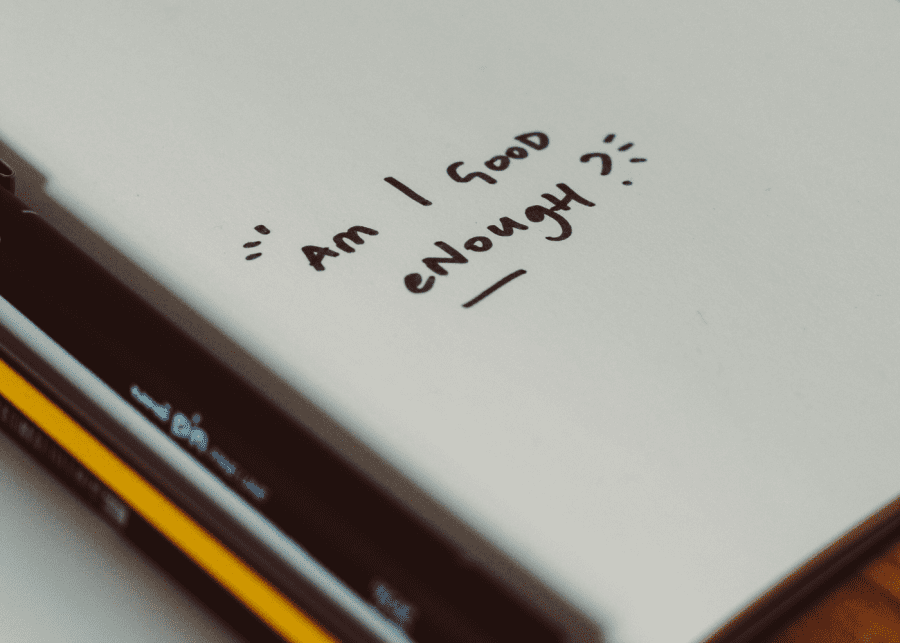
“I’ve experienced the invisible glass ceiling that limits opportunities for women in the workplace, and I’ve felt like I needed to be strong and independent yet “feminine” enough to be accepted by society.”
As a female relationship counsellor and clinical sexologist in Singapore, I’ve had the opportunity to work with a wide variety of clients and support them in their personal lives. I’ve always been interested in human interactions. Eventually, I came to view sex and sexuality as important contributors to our well-being. When I was at the crossroads of my life, I decided to pursue a career as a sexologist because I realised I’d much rather support people in their personal lives than be part of the rat race. I went on to earn my Doctorate in Human Sexuality, followed by my Master’s in Counselling in addition to my other two degrees – including a Bachelor’s in Mass Communications.

It’s incredibly rewarding to help people improve their relationships and sex lives. The best thing about my job is seeing the glimmer of hope on the faces of clients, reigniting the spark of light in their eyes and, of course, helping them overcome their sexual difficulties and achieve a more fulfilling life. But, there are challenges and misconceptions about sexology that can lead to judgment from others.
Dealing with misconception, discrimination and judgment

I didn’t know what to expect when I started my practice in 2009. I was quickly faced with people who assumed I was a sex worker, that I offered massages, or gave medications. Others in Singapore imagined that being a sexologist means you’re promoting promiscuity or encouraging people to engage in immoral behaviour. But it’s important to remember that sexologists simply help people to understand their own sexuality and have healthy relationships.
I’ve had to grapple with the gender roles that society imposed on me. Yes, I’ve experienced the invisible glass ceiling that limits opportunities for women in the workplace and beyond. I’ve also felt like I needed to be strong and independent yet “feminine” enough to be accepted by society. And I’ve fought against the objectification of women as sexual objects or objects for men’s use. Through this, I dug deep and examined who I am and what I believe in, and stood up for myself – never letting anyone define me by their standards.
My personal lived experience
The #MeToo movement has been a powerful force in bringing to light the prevalence of sexual harassment and assault experienced by women. As a sex-positive, feminist, and empowered female in my line of work, I’ve seen first-hand the impact of these experiences on women’s lives. That includes physical and emotional trauma like depression, anxiety, and post-traumatic stress disorder, as well as continued struggles in experiencing pleasure, and difficulties trusting others and forming relationships.
I’ve experienced sexual harassment at work and dealt with the fear and anxiety that comes with it. I’ve also had the unfortunate experience of being a victim of sexual assault in my personal life. These are experiences that left me feeling scared, violated and helpless, and I continue to work through them.
A call for change

Women ought to be seen as individuals with their own thoughts, feelings and experiences – not objects. Respect the decisions they make and don’t assume you know what’s best for them.
Unfortunately, discrimination still exists in our society. Women get paid less than men for the same job, without being given the same respect as their male counterparts. We should all work towards creating a more equitable world by advocating for equal pay, challenging gender stereotypes, and creating safe spaces for dialogue about gender issues.
Let’s encourage men to cheer women on in their pursuits, advocate for female colleagues at the workplace, and help with household tasks (without feeling like they’re taking away from their masculinity). It’s my hope that men can allow themselves to be vulnerable, honest, and open about their feelings – that it’s okay to cry and show emotion without feeling like they’re any less of a man.
In light of International Women’s Day, let’s come together to support people regardless of gender identity and sexual orientation, to recognise that many are limited and struggling because of the bodies they were born into, and have compassion, empathy, and support for those around us. Let’s do our part in creating a more equitable and just world for everyone.

